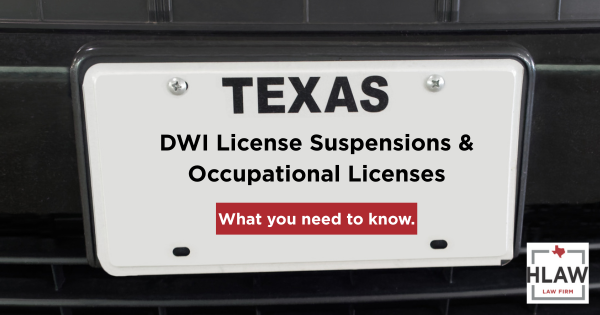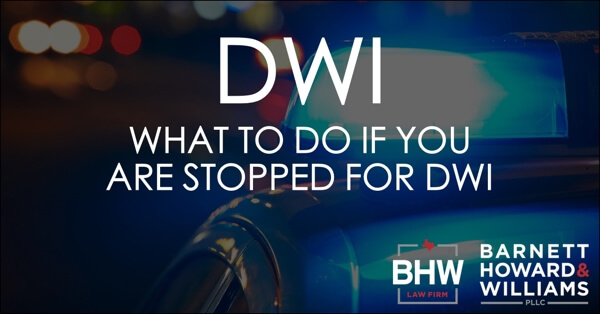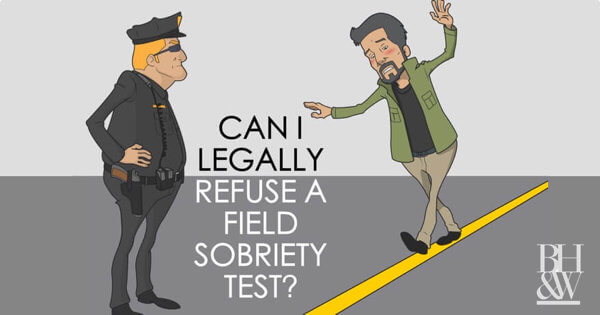 Mosquitoes are pesky little things. They land on you, insert a sharp needle-like nose into your arm and suck your blood without even asking for permission. Well, like the hard slap of a hand on top of one of these pests, Texas courts are finally falling in line behind the Supreme Court’s ruling in Missouri v. McNeely (133 S. Ct. 1551 (2013)) striking down warrantless blood draws of a driver’s blood in DWI cases.
Mosquitoes are pesky little things. They land on you, insert a sharp needle-like nose into your arm and suck your blood without even asking for permission. Well, like the hard slap of a hand on top of one of these pests, Texas courts are finally falling in line behind the Supreme Court’s ruling in Missouri v. McNeely (133 S. Ct. 1551 (2013)) striking down warrantless blood draws of a driver’s blood in DWI cases.
Last month, the Second District Court of Appeals in Burks v. State held that a warrantless, nonconsensual blood draw – even conducted pursuant to the mandatory-blood-draw and implied-consent provisions of the Texas Transportation Code violates the Fourth Amendment to the United State’s Constitution.
The defendant in the Burks case was pulled over for changing lanes without signaling. A North Richland Hills police officer pulled him over and developed probable cause to arrest him for DWI. Because the defendant had been convicted twice before for DWI, the officer relied on Texas Transportation Code 724.012 to take the defendant’s blood without consent and without a warrant. Texas Transportation Code 724.012 provides that an officer may obtain a blood sample from a defendant without consent and without a warrant if the defendant on two or more occasions had been previously convicted or placed on community supervision for Driving While Intoxicated.
The Second Court of Appeals specifically held that this type of blood draw, despite being authorized by a state statute, still violates the Fourth Amendment’s protection from unreasonable searches and seizures. In addition to the Supreme Court’s ruling in McNeely, the court here relied on the Texas Court of Criminal Appeals decision in State v. Villarreal (No. PD-0306-14, 2014 WL 6734178 (Tex. Crim. App. Nov. 26, 2014), which held also that a warrantless, nonconsensual draw of a DWI suspect’s blood does not categorically fall within any recognized exception to the Fourth Amendment’s warrant requirement, nor can it be justified under a general Fourth Amendment balancing test.
What does all this mean? As we’ve said in the past, the demise of warrantless blood draws for drivers in Texas continues to remain imminent and cases like Burks continue to reinforce the fact that the teeth of the United State’s Constitution bite much harder than the needle of an unreasonable search and seizure.










